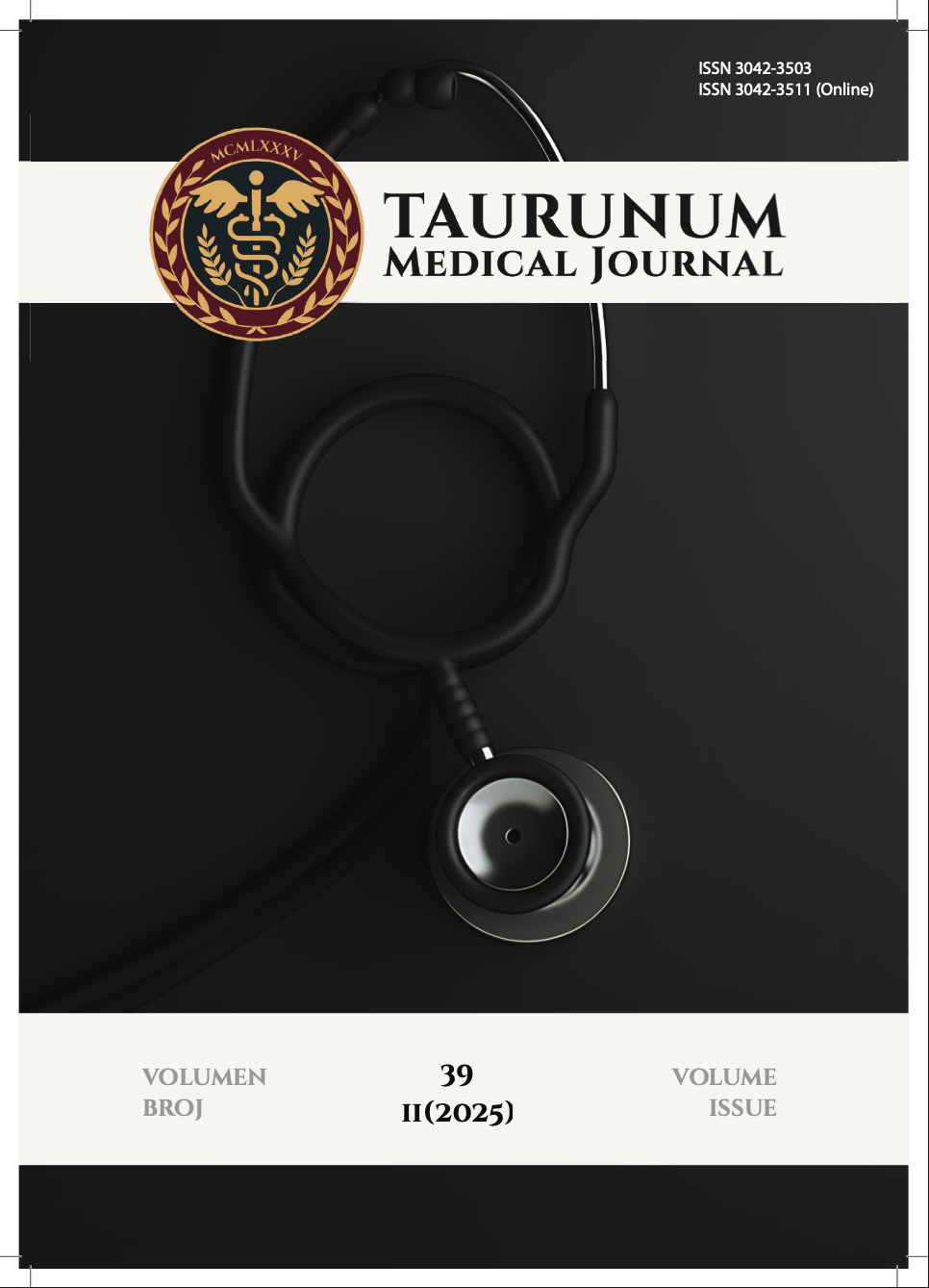Current issue

Volume 39, Issue 2, 2025
Online ISSN: 3042-3511
ISSN: 3042-3503
Volume 39 , Issue 2, (2025)
Published: 12.11.2025.
Open Access
All issues
Contents
01.04.2018.
Poster session
EGFR mutations in lung carcinomas and quality of samples tested at Institute of Pathology, School of Medicine in Belgrade
Aim: To examine the quality of tested lung carcinoma samples, frequency and type of EGFR mutations, and their correlation with patients clinical characteristics (gender, age, smoking habits, clinical stage). Introduction: Mutations in Epidermal Growth Factor Receptor (EGFR) have a role in lung carcinoma development and they are more prevalent in women and non-smokers. Evaluation of EGFR mutations in lung carcinomas in mandatory for targeted therapy with tyrosine kinase inhibitors. Test performance depends on the quality of tested samples and a test type. Material and Methods: We evaluated reports of EGFR mutation real-time PCR analyses in lung carcinoma samples performed from June 2017 till February 2018. Presence of mutations was correlated with clinical characteristics of lung carcinoma patients. Results: A total of 341 samples was received for testing, among which 40 (11.7%) was unsuitable for analysis due to a low tumor cell content (<5%). Three types of mutations were detected in a total of 24 (8%) cases: L858R in 12 (50%) cases, exon 19 deletion in 10 (41.7%) cases, and G719A/C/S in two cases (8.3%). Mutations were more prevalent in women (13.7%) then in men (4.3%) (p=0.004). Patients with EGFR mutated tumors were older (67,6ą9,4 years), compared to those with non-mutated tumors (62,3ą8,8 years) (p=0,003). Smoking habits and clinical stage were not associated with mutation status in lung carcinomas. Mutations were detected only in adenocarcinomas. Conclusion: Our results suggest the low frequency of EGFR mutations in tested patients, but they are more prevalent in women and older patients.
Sanja Cirovic, Sofija Glumac, Nevena Pandrc, Zorica Tojaga, Ivan Zaletel, Jovan Jevtic, Violeta Mihailovic Vucinic, Natalija Samardzic, Sanja Radojevic Skodric, Martina Bosic



